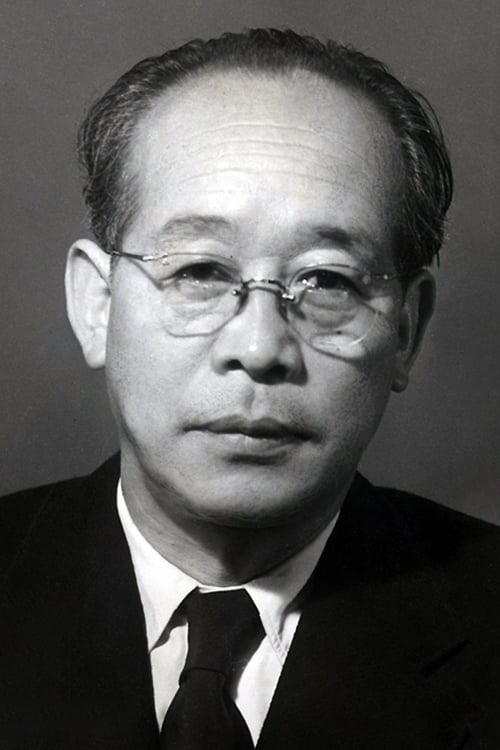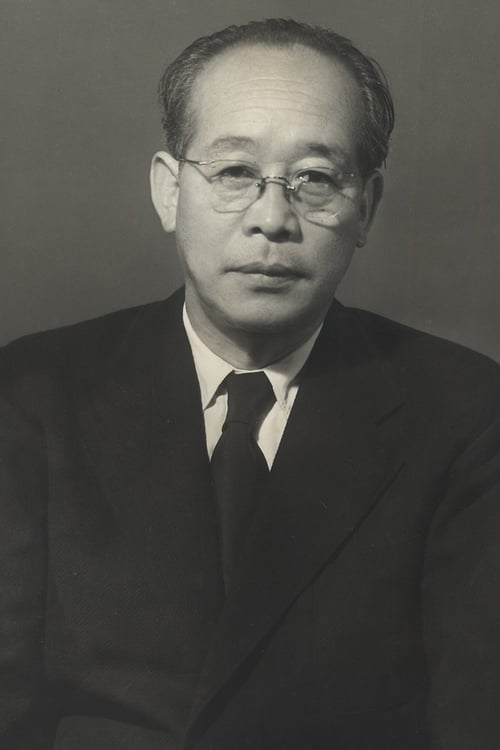Kenji Mizoguchi
Nacimiento : 1898-05-16, Asakusa, Tokyo, Japan
Muerte : 1956-08-24
Historia
Kenji Mizoguchi (May 16, 1898 – August 24, 1956) was a Japanese film director and screenwriter. His film Ugetsu (1953) won the Silver Lion at the Venice Film Festival, and appeared in the Sight & Sound Critics' Top Ten Poll in 1962 and 1972. Mizoguchi is renowned for his mastery of the long take and mise-en-scène. "His films have an extraordinary force and purity. They shake and move the viewer by the power, refinement and compassion with which they confront human suffering."
Description above from the Wikipedia article Kenji Mizoguchi, licensed under CC-BY-SA, full list of contributors on Wikipedia.

Himself (archive footage)
This is a scar born from a knife strike in the back of the young Mizoguchi, coming from an enamoured jealous prostitute. This event enabled him to become the great cineast of women, and much more !

Story
A poor peasant, after years of scraping, becomes a rich and powerful Osaka merchant. Mizoguchi Kenji's final project; he died before completing it and directing duties turned over to Yoshimura Kozaburo.

Original Story
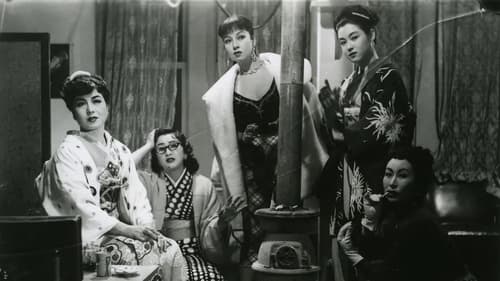
Director
"El País de los sueños", un burdel situado en un barrio de Tokio, atraviesa una difícil situación, ya que el Parlamento está a punto de aprobar una ley que prohíbe la prostitución. Retrato de la vida cotidiana de diversas prostitutas: aquellas a las que las circunstancias obligaron a comerciar con su cuerpo, pero también aquellas otras que intentan abandonar ese medio de vida.
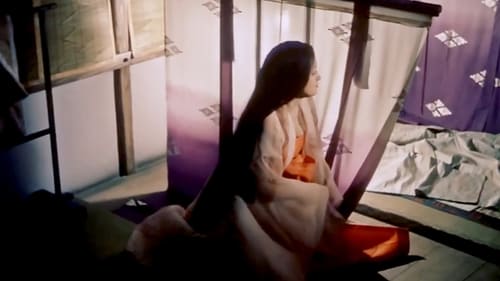
Director
En el Japón feudal del siglo XII, los Taira y los Fujiwara son clanes que luchan por la supremacía. Mientras tanto, en el palacio imperial hay dos cortes: la del emperador en funciones y la de su predecesor.
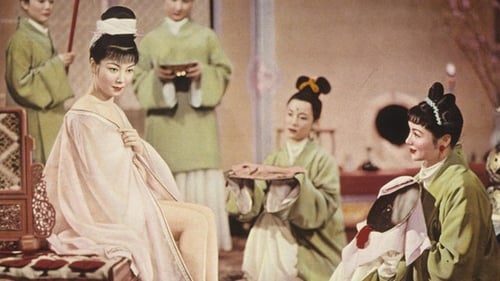
Director
Ambientado en la China del siglo VIII. Narra la historia de amor entre el emperador Hsuan Tsung, viudo desde hace algunos años, y una joven plebeya que se parece mucho a su mujer. El Emperador está afligido por la muerte de su esposa. La familia Yang quiere proporcionar al Emperador un consorte para poder consolidar su influencia sobre la corte. El General Un Lushan encuentra una pariente lejana que trabaja en su cocina y la preparan para presentarla al Emperador. El emperador se enamora de ella y se convierte en la princesa Yang Kwei-fei. Los Yang son entonces nombrados ministros importantes, aunque a Lushan no se le da la posición en la corte que él codicia. Los ministros abusan tanto de su poder que hay una revuelta popular contra todos los Yang, alimentados por Un Lushan.
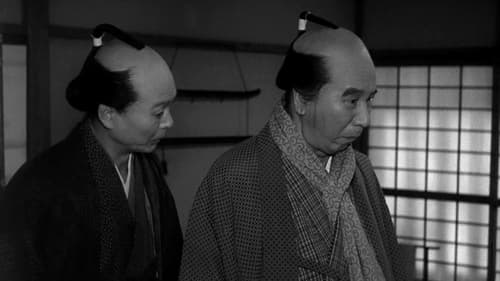
Director
Adaptación de una obra de teatro (kabuki) del siglo XVII de Chikamatsu Monzaemon. Osan vive en Kioto y está casada con Ishun, un rico y tacaño funcionario. Cuando Osan es acusada falsamente de tener una relación con Mohei, ambos huyen rápidamente de la ciudad. Ishun, por su parte, ordena a sus hombres que los encuentren y los separen para evitar el escándalo.
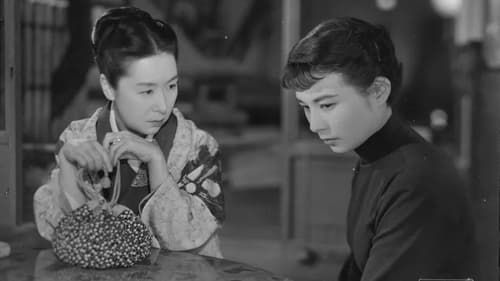
Director
Yukiko es una estudiante de música que, después de un intento de suicidio, vuelve con su madre, Hatsuko, una viuda que regenta una casa de geishas. El joven doctor Matoba, que mantiene un affaire con Hatsuko, se siente atraído por Yukiko. Ella, al principio, lo rechaza, pero sus sentimientos van cambiando y llega incluso a enfrentarse con su madre.
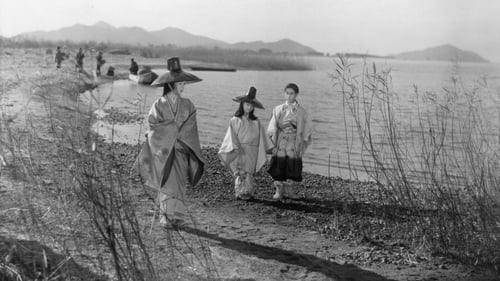
Director
A finales de la Era Heian en el siglo XII, el gobernador de un pueblo es enviado al exilio. A pesar de que su familia quiere ir con él, ninguno podrá acompañarle, pues, engañados por una vieja que se hace pasar por sacerdotisa, son vendidos como esclavos por separado: la madre por un lado y los hijos por otro.
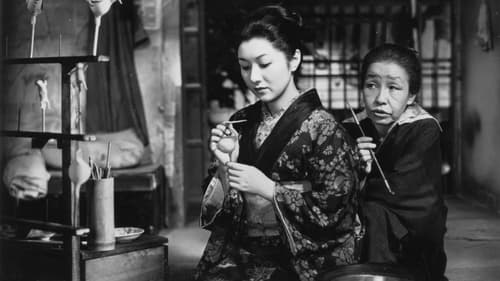
Director
La joven y bella Eiko ha ido a refugiarse a un barrio de Kioto, a casa de Miyoharu, una geisha con muy buena reputación de la que Eiko quiere aprender. Ambas se hacen inseparables, pero una noche Eiko muerde a un cliente y las dos deben abandonar el barrio.
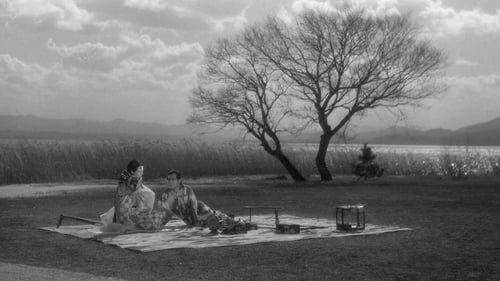
Director
En el Japón del siglo XVI, los campesinos Genjuro y Tobei venden sus vasijas de barro a un grupo de soldados en un pueblo cercano, desafiando la advertencia de un sabio local contra la búsqueda de ganancias en la guerra. La búsqueda de riquezas de Genjuro y de la misteriosa Lady Wakasa, así como el deseo de Tobei de convertirse en samurái, corren el riesgo de destruirlos a ellos mismos y a sus esposas, Miyagi y Ohama.
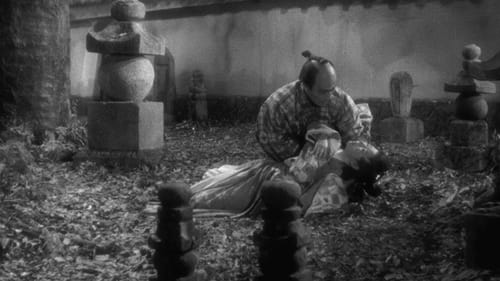
Producer
Narra la dura vida de Oharu, una mujer sometida a los convencionalismos de la sociedad feudal en el Japón del siglo XVII.

Writer
Narra la dura vida de Oharu, una mujer sometida a los convencionalismos de la sociedad feudal en el Japón del siglo XVII.

Director
Narra la dura vida de Oharu, una mujer sometida a los convencionalismos de la sociedad feudal en el Japón del siglo XVII.
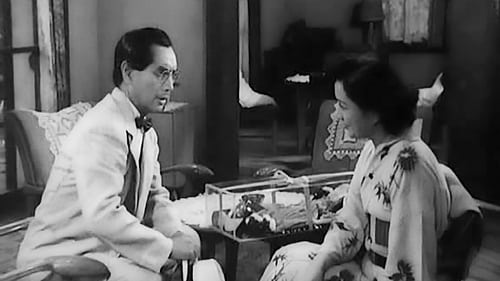
Director
Set in post-war Japan, The Lady of Musashino tells the story of Michiko, a disillusioned young woman trapped in a loveless marriage. She confides in her younger cousin, Tsutomo, and the two become close, but decide not to consummate their affair. He instead becomes involved with the flirtatious Tomiko, who is also conducting an affair with Michiko's husband. When Michiko finds that her husband has abandoned her, she decides to take her fate into her own hands.

Director
Shinnosuke acepta casarse con Shizu con tal de poder estar cerca de su hermana Oyu, viuda y madre de un hijo. Las costumbres japonesas prohíben que Oyu se case porque su deber es educar a su hijo para que llegue a ser el jefe de la familia de su marido. Entre los tres se creará un extraño vínculo. (FILMAFFINITY)
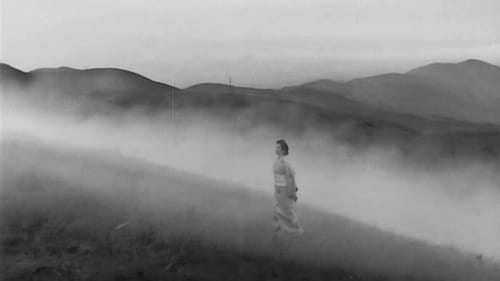
Director
Hamako has just started working for her personal hero, Madame Yuki. Her romanticized view of the Madame is broken immediately, though, as she is introduced with a ever-growing list of the Madame’s personal problems.
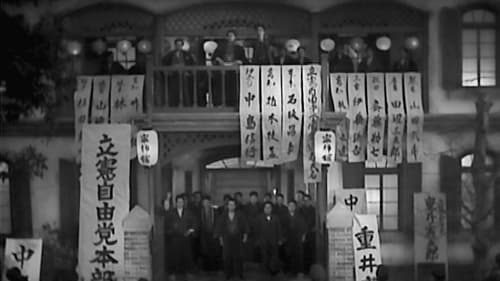
Director
A woman's struggle for equality in Japan in the 1880s. Eiko Hirayama leaves Okayama for Tokyo, where she helps the fledgling Liberal Party and falls in love with its leader Kentaro Omoi, just as the party is being disbanded by the government.
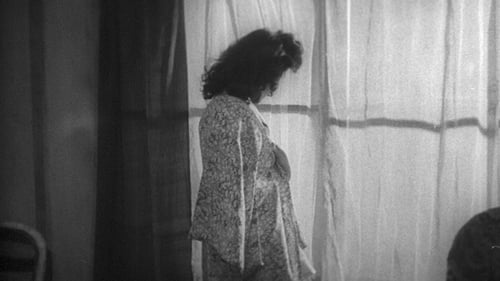
Director
Fusako, a drug dealer's young mistress in postwar Japan, loses her tenuous grasp on life upon learning about her lover's affair.
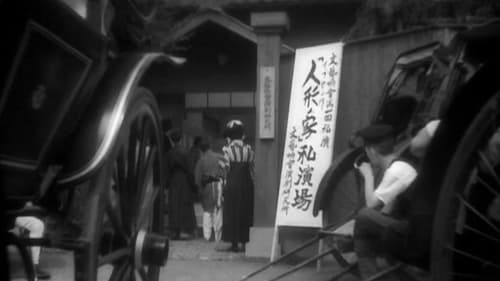
Director
The stage director Shimamura, who is bringing western theatre to Japan, falls in love with the outspoken actress Sumako Matsui, and leaves his family to be with her, while trying to keep his Art Theatre solvent.
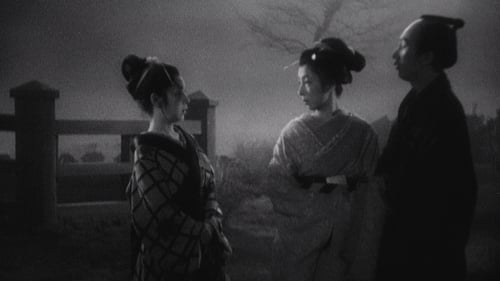
Director
Biografía del famoso artista japonés Utamaro, célebre pintor especializado en el retrato femenino, cuyas mejores modelos procedían de los prostíbulos de Tokio. Su arte se convertiría en un trabajo peligroso.

Director
A lawyer fights doggedly for a more just legal system to rid Japan of its draconian penal system.

Director
Hisshoka is a 1945 Drama film directed by four Japanese directors.

Director
Japón, mediados del siglo XIX. Kiyone Sakurai, aprendiz de forjador de espadas, entrega un arma a su guardián Onoda. Tras la muerte de Onoda a manos de Naito, su hija le pide a Kiyone que forje la espada que vengará la muerte de su padre. Kiyone acudirá a su maestro para que le ayude en la creación de un arma tan importante.

Director
The first of five Musashi series, Shinobu and her brother Genichiro plead with the famous swordsman Musashi Miyamoto to teach them swordsmanship to avenge their father's death. The killers of their father see the sister and brother practicing with Miyamoto, and so enlist the help of another powerful swordsman, Kojiro Sasaki, which gives Sasaki an excuse to battle Miyamoto.
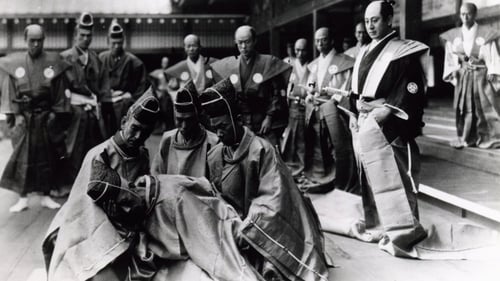
Director
El 14 de Marzo de 1701, en la real capital de Edo, el señor feudal Asano ataca al señor Kiru mientras se encuentra en tierra sagrada. A causa de esta grave ofensa, Asano es obligado a hacerse el harakiri. Sin embargo, 47 de sus samuráis juran vengar a su amo. Estrenada en dos partes en Japón, la primera de 112 minutos el 1 de diciembre de 1941 y la segunda de 111 minutos el 11 de febrero de 1942. (FILMAFFINITY)

Director
A Man of the Arts

Writer
Followup film to Osaka Elegy - Osaka Woman

Director
Followup film to Osaka Elegy - Osaka Woman

Director
En el Tokyo de 1885, Kikunosuke Onoue, hijo de un importante actor, descubre, desolado, que es aplaudido únicamente por ser el heredero de su padre y que, en realidad, el público se mofa de sus interpretaciones. La única persona que se atreve a ser sincera con él es Otoku, la niñera de los hijos de su hermano. pero precisamente por ello es despedida, y a Kikunosuke le prohiben verla por temor a los rumores que se desatarían por su relación con una sirvienta.

Director
A village romantic drama. (Now lost.)

Writer
A story of a servant girl whose life is upturned by her doomed love for a spineless young man.

Director
A story of a servant girl whose life is upturned by her doomed love for a spineless young man.
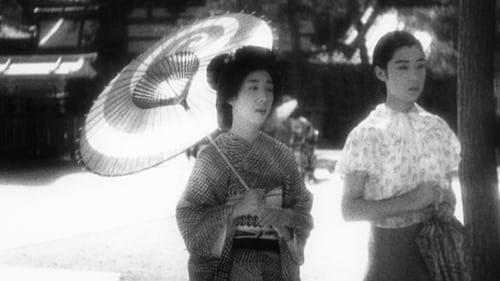
Writer
Las hermanas Omocha y Umekichi son dos geishas que viven en el barrio de Gion, en Kioto. Encarnan dos polos opuestos de la mujer japonesa: mientras Omocha es una chica moderna, Umekichi sigue siendo una tradicional mujer japonesa. Este contraste se agudiza cuando el negocio del mercader Furusawa, su protector y cliente habitual, quiebra.

Director
Las hermanas Omocha y Umekichi son dos geishas que viven en el barrio de Gion, en Kioto. Encarnan dos polos opuestos de la mujer japonesa: mientras Omocha es una chica moderna, Umekichi sigue siendo una tradicional mujer japonesa. Este contraste se agudiza cuando el negocio del mercader Furusawa, su protector y cliente habitual, quiebra.
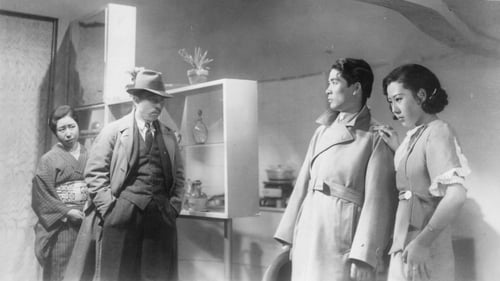
Story
Ayako es una joven operadora telefónica, cuyo novio y compañero de trabajo observa impasible el acoso que sufre la joven por parte de su jefe Asai. Tras enfrentarse a su padre por una deuda que podría hundir a la familia, Ayako, se ve obligada a abandonar su casa, pero no sabe a dónde ir. Llevada por la desesperación, acepta ser la amante de Asai, situación humillante que provoca el rechazo de su familia.

Director
Ayako es una joven operadora telefónica, cuyo novio y compañero de trabajo observa impasible el acoso que sufre la joven por parte de su jefe Asai. Tras enfrentarse a su padre por una deuda que podría hundir a la familia, Ayako, se ve obligada a abandonar su casa, pero no sabe a dónde ir. Llevada por la desesperación, acepta ser la amante de Asai, situación humillante que provoca el rechazo de su familia.
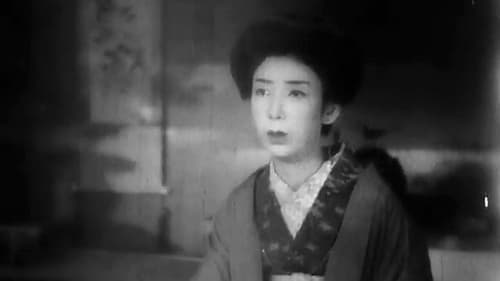
Director
Based on Soseki Natsume’s 1908 novel of the same title, Poppy is an ornately complicated story of desire and ambition. Fujio is beautiful, talented, well-heeled, and engaged to Munechika, a rising young diplomat. She has promised him a gold watch, a family heirloom, as an emblem of their engagement. But she falls in love with Ono, a student employed to tutor her in English, who is attracted by her beauty and wealth. Ono is himself bound by an engagement to Sayoko, the daughter of his mentor, Professor Inoue. The self-centered Fujio is ready to forsake everything for Ono, but he is prevailed upon to go ahead with his marriage to Sayoko. Fujio then offers the watch to Munechika who, perceiving Fujio’s true feelings, hurls the watch into the sea.

Director
Basada en 'Bola de Sebo', la historia de Maupassant que también inspiró 'La diligencia' de John Ford, 'Oyuki, the Virgin' es la historia de un grupo de personas que tratan de huir de una batalla escapándose en un carruaje de caballos. Cuando son atrapados por el enemigo, ofrecen a una prostituta que viaja con ellos a modo de trato para salvarse.

Director
Kenji Mizoguchi is credited as “supervisor” on this rare Japanese genre film, which stars the stunning Isuzu Yamada (Osaka Elegy, Throne of Blood) as a professional criminal, part con woman and part martial artist, who falls in love with a young man from the straight world.

Director
In Tokyo, Osen is the servant girl of an unscrupulous antiques dealer, Kumazawa, who takes in the penniless Sokichi Hata. Kumazawa mistreats Sokichi and Osen, while swindling some Buddhist monks out of their temple treasures. When Kumazawa is arrested, Osen agrees to help Sokichi finance his dream of going to medical school. They live in a humble room, and eventually the only way Osen can find enough money for them is to prostitute herself during the day, without Sokichi knowing. (Will Gilbert)

Director

Writer
A sad love film where the action takes place in Kyoto, in a trading house.

Director
A sad love film where the action takes place in Kyoto, in a trading house.
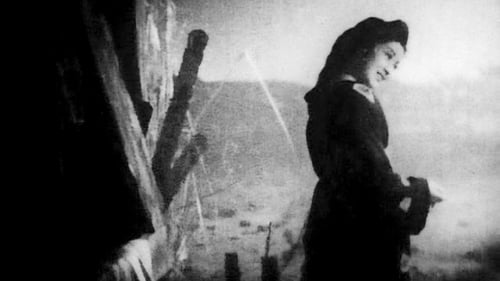
Director
Taki no Shiraito is a very independent young woman with a famous water juggling act in a travelling carnival troupe. She falls in love with an orphaned carriage driver Kinya Murakoshi, and pledges to put him through law school in Tokyo. She always encloses money in her letters to him, until one hard winter there is no work to be found.

Director
Directed by Kenji Mizoguchi. Released in 2 parts. His only release of 1931

Director
Tōjin Okichi is a 1930 film by Kenji Mizoguchi based on the novel by Gisaburo Juichiya. Only 4 minutes have survived. The fragment has been published on DVD coupled with The Downfall of Osen (1935) by Digital MEME in 2007.

Director
While returning by boat to Japan, Yoshie Fujiwara meets a rich woman who suggests him to become a singer thanks to an impresario friend of hers.

Director
The Morning Sun Shines is a fiction-documentary film by Kenji Mizoguchi and Seiichi Ina. The film is a combination of a drama about a reporter, and documentary footage about newspaper production. Only 25 minutes of footage has survived.

Director
Directed by Kenji Mizoguchi.
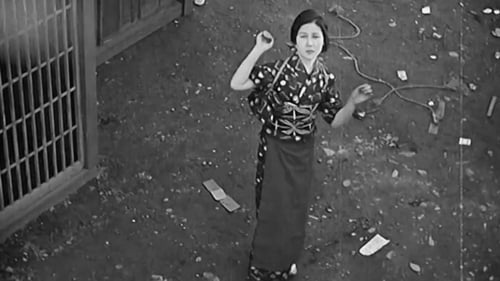
Director
A classic melodramatic love tragedy addressing social inequality in feudal Japan, depicted in Kenji Mizoguchi's typical style. The nostalgic scenes of 1920s Tokyo provides a valuable visual experience set against the background of the title song, "Tokyo March." (Sadly, only 24 minutes of the film now survive.)

Director

Director
This film is about the curse of a jealous woman destroying the lovers on the run.

Director
Directed by Kenji Mizoguchi.

Director
Mizoguchi’s 30th film is the earliest surviving example of his work, and his only film of the 1920s to survive complete. Song of Home finds the director already concerning himself with the collision of traditional and modern values. The film is structured around the contrast of two country-bred boys: a coach driver who has never left his home, and a student who returns from Tokyo with city-slicker affectations and Western jazz records. Produced by the Ministry of Education, the film has a simplistic lesson-plan at its heart, but what lingers in the mind after viewing are its more ineffable qualities: The dulcet, lyric, evocation of a disappeared rural past.

Director

Director
An Expressionist film about masses downtrodden by authoritarian capitalism. (Now lost.)

Director
An adaptation of Anna Christie, considered lost.

Screenplay
One of Mizoguchi's first films, considered lost.

Director
One of Mizoguchi's first films, considered lost.

Director
An old potter despairs of having only two daughters and no son, hoping his apprentice will one day bring him an heir. The apprentice meets the eldest daughter but is disgusted by her. He decides to marry the younger daughter, who is in love with another man.
